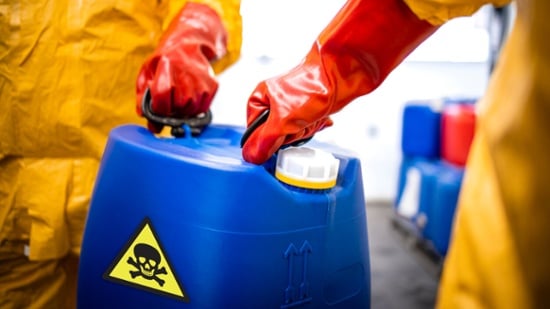Chemical toxicology is the study of the harmful effects of chemicals on living organisms. It is a multidisciplinary field that combines knowledge from chemistry, biology, pharmacology, and environmental science to understand the mechanisms of toxicity and develop strategies to prevent or mitigate the adverse effects of chemicals.
At the core of chemical toxicology is the concept of dose-response relationship, which describes the relationship between the amount of a chemical that enters the body and the magnitude of its toxic effects. This relationship is influenced by various factors, such as the route of exposure, the duration of exposure, the chemical's properties, and the individual's susceptibility.
Chemical toxicology encompasses a wide range of chemicals, including industrial chemicals, pesticides, drugs, food additives, and environmental pollutants. Each chemical has its unique toxicological profile, which depends on its chemical structure, metabolism, and target organs. For example, some chemicals may cause cancer by damaging DNA, while others may disrupt the endocrine system by mimicking or blocking hormones.
Toxicologists use various methods to assess the toxicity of chemicals, such as animal testing, in vitro assays, and computational modeling. These methods have their advantages and limitations and are often used in combination to provide a comprehensive understanding of the chemical's toxicity.
The ultimate goal of chemical toxicology is to protect human health and the environment from the harmful effects of chemicals. This can be achieved through various approaches, such as risk assessment, regulation, and education. Risk assessment involves evaluating the potential hazards and exposures of chemicals and determining the acceptable levels of exposure. Regulation involves setting standards and guidelines for the use and disposal of chemicals to minimize their adverse effects. Education involves raising awareness and promoting responsible behavior among the public and the industry.
In conclusion, chemical toxicology is a critical field that plays a vital role in ensuring the safety and sustainability of our society. By understanding the science of harmful chemicals, we can make informed decisions and take actions to minimize their impact on our health and the environment.
